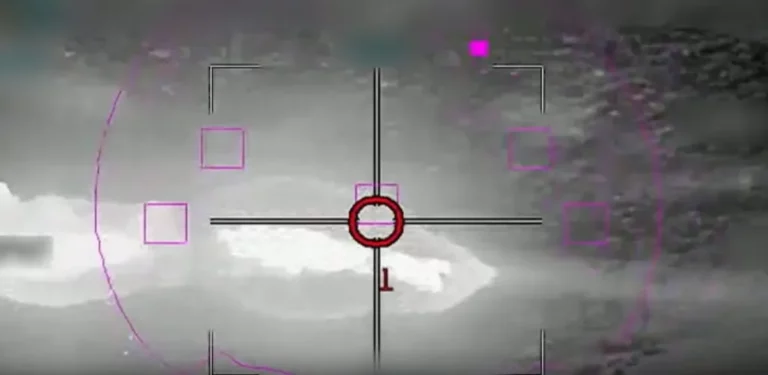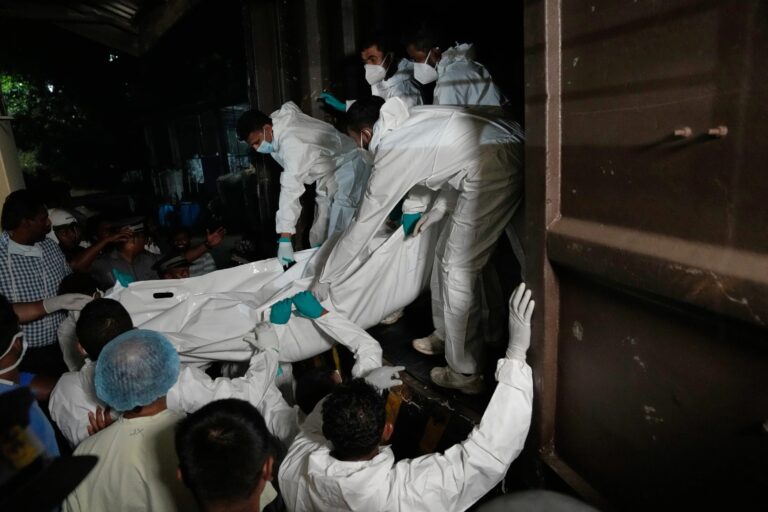While members of the Labor Party remain divided as to what action they should take, there appears to be a majority consensus that the party is in need of rehabilitation.
Current party leader Defense Minister Ehud Barak is slipping in the party’s popularity polls and there is an increasingly vocal voice that can be heard, calling for new party leadership elections. The last party primary was held in 2002.
Ousted party leader Amir Peretz, force to step down as defense minister after his failed performance in the Second Lebanon War is making a new bid to regain his leadership position. While the former labor union leader does have a strong and loyal powerbase, he is not currently viewed as a viable candidate for the party’s top slot.
There are different schools of thought regarding Labor’s current status and the party’s incumbent leader. Many feel that Barak’s biggest mistake was missing the opportunity presented to him following the release of the damaging Winograd Commission, which did not commend the Olmert administration for its performance in the war.
Many analysts agree that the release of the damaging report was indeed Labor’s opportunity to begin enlisting popular support for national elections next year instead of 2010. Barak most agree could have begun a snowball effect which would have led to Olmert having to agree to elections and the weakened prime minister and his Kadima Party was unlikely to emerge victorious in such a scenario.
Nevertheless, that opportunity has passed and despite his lack of popularity, the nation has in some way become accustomed to Olmert and his leadership practices, and polls indicate Barak has no chance of unseating him. Actually, a Labor-led coalition is not a reality at present, with polls showing the party barely reaching 19 mandates. What is realistic however is Labor remaining a major coalition partner, giving the backbone to lead the centrist/left-wing coalition.
A weak Kadima Party would actually hurt Labor at present, since it cannot go it alone against Likud and opposition leader Netanyahu.
All polls show a Labor-led coalition could not muster more than 55 mandates in the 120-seat Knesset while a right-wing coalition headed by Likud could indeed build a coalition with a comfortable majority, with some 75 mandates.
The polls signal the time for Barak to break away from the coalition is not now – perhaps leading to Olmert aides calling on Barak to leave the government if he is displeased with policies, quoting Barak’s statements on Sunday to bereaved parents that PM Olmert should have stepped down following the release of the Winograd Report.
Barak has no where to go and no other natural coalition partners. While the former prime minister [Barak] would love to see himself heading a centrist/left-wing coalition, he lacks the minimum support for such a move, which for the time being remains in the realm of unrealistic.
Perhaps the Shas Party will dictate facts on the ground regarding Labor, for is Shas bucks the government coalition, Barak will have to make a move. For now, if given the choice, Barak would permit the current arrangement to continue; well-aware it is the best he will do for the foreseeable future.
Undoubtedly, Peretz will continue his activities to unseat Barak, as will others, and senior party official Binyamin (Fuad) Ben-Eliezer will remain a staunch ally, providing Barak a modicum of stability and support.
Speaking to Galei Tzahal (Army Radio) on Monday, senior party member Ofir Pines condemned Barak for missing the Winograd opportunity. When asked if he remains committed to Labor, Pines stated he remains committed to his ideals and constituents, and this perhaps can be achieved under the umbrella of another party. He admitted the party is not too influential regarding government activities day-to-day, adding he does not rule out moving to another political party.
Peretz continues to spread his message that Barak is not the man for the job, explaining he lacks the political savvy to navigate the party through the rehabilitation process. It is unlikely that Barak will voluntarily call for elections, well-aware of his limited support base and it is equally unlikely that Labor will compel new national elections since the party would not make any significant gain.
(Yechiel Spira – YWN Israel)










